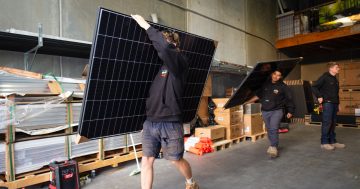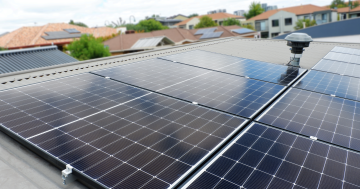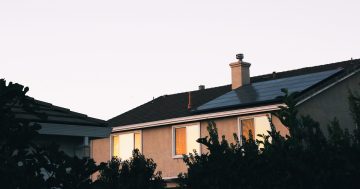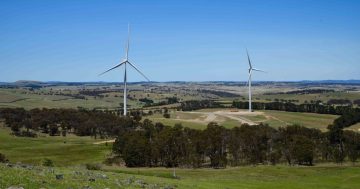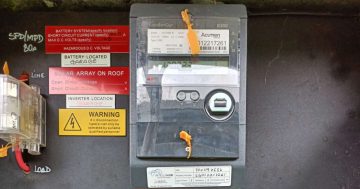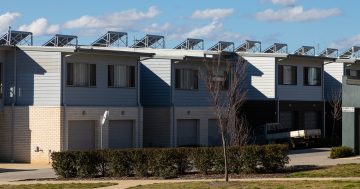
Areas with high-density housing, sports and recreational facilities, local shopping centres or transport precincts have been prioritised for the rollout. Photo: File.
A new smart energy platform aimed at making more efficient use of grid infrastructure is being trialled in some Australian households and will integrate hot water systems, solar PV, pool pumps and electric vehicle chargers.
The Federal Government is contributing $9.75 million through the Australian Renewable Energy Agency (ARENA) to utility services provider Intellihub.
The provider will integrate virtual power plants run by energy retailers to operate household energy devices specifically when solar generation is abundant and wholesale prices are cheaper.
The $22 million project will take advantage of Australia’s world-leading household solar installations and could free up to 500 MW of grid capacity.
That’s just a small fraction of the flexible capacity that could come from 10 million home devices by 2030.
The way it works is energy retailers will voluntarily enrol more than 140,000 home hot water units, rooftop solar and batteries, EV chargers and pool pumps in the ‘demand flexibility’ platform over the next two years.
Intellihub estimates that participating households could reduce household energy costs by more than $100 per year for each device.
Energy market studies point to Australia saving between $8 billion and $18 billion through demand flexibility out to 2040.
Assistant Minister for Climate Change and Energy Jenny McAllister said the demand flexibility platform had huge potential.
“Volunteered devices can be turned on remotely to take advantage of abundant daytime solar energy, or programmed to reduce demand during peak periods, lowering household energy costs,” Senator McAllister said.
“This is another example of the Albanese Government investing in Australian innovation in the energy sector and that could help put downward pressure on energy prices.
“Better management of these volunteered household energy devices and appliances can help balance supply and demand, while delivering real impacts on energy prices and provide wider grid stability.”
The Intellihub Group is an Australian and New Zealand-based utility services company delivering innovative metering, data and behind-the-meter solutions to maximise digital and new energy services.
The rollout of its 22 kW EV chargers being installed on power poles and connected directly to the overhead electricity network has accelerated, mostly across Sydney but also in some regional areas.
The chargers will progressively come online over the next few weeks and will connect to the Ausgrid electricity network, with Origin Energy providing 100 per cent accredited GreenPower for the project.
“Around 9 per cent of all new car sales in Australia are now electric vehicles, and in some areas… the rates of EV adoption are double the national average,” Mr Ballantine said.
“By 2030, most experts expect that there will be more than one million electric vehicles on Australian roads.
“Power poles line most streets and that presents an enormous opportunity for local communities that will need a range of public charging solutions.
“They’re an accessible, safe, and practical option for EV charging.”
Areas with high-density housing, sports and recreational facilities, local shopping centres or transport precincts have been prioritised for the rollout.
Local councils have also conducted extensive community engagement to help guide the best locations from a community perspective.
“About one in four Australian households don’t have access to off-street parking, so these sorts of public charging solutions are a real necessity,” Mr Ballantine said.
“EV drivers will be able to book a charging session and then simply drive up, park and charge.
“A two-hour charging session will typically provide enough charge for around 200 kilometres of driving.”












